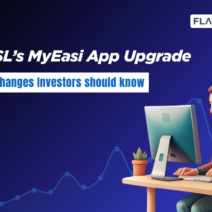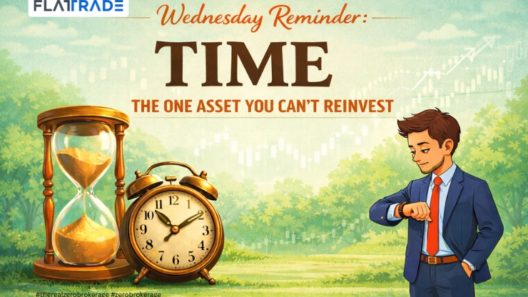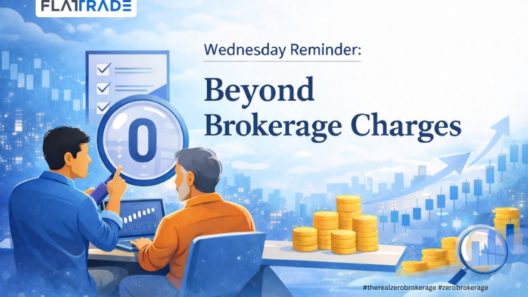A call option is a derivative option contract that gives the buyer of the contract the right but not the obligation to buy the underlying asset on the expiry date.
There are a few key option contract terms that we should know to understand options contract. They are as follows:
Strike Price: It is the price at which the two parties namely the buyer and the seller agree to enter into an options contract.
Spot Price: The spot price is the current market price or last traded price of the underlying asset. The asset can stocks, bonds, indices, commodities, etc.
Option Expiry: It is the day on which the option contract expires. Generally, option contract expires on Thursday or last Thursday of the month. After expiry, the option contract becomes void and you cannot exercise the contract.
Exercising an option contract: It means the buyer using his/her right to buy the asset as mentioned in the contract. When a buyer exercises the contract, the seller is obligated to sell the asset as per the contact terms.
Option Premium: It is the amount which the buyer pays to buy the option contract (Call or Put option contract) from the seller of the contract . Option premium is also known as just ‘Premium’ and option seller is also known as ‘option writer’. Premium vary on a host of factors and they are not static.
Difference between call option contract seller and buyer
Seller | Buyer |
• Seller sells the contracts | • Buyer buys the contract |
• Receives the permium to sell the contract | • Pays the premium to buy the contract |
• Seller is obligated to sell the underlying asset if the option contract is exercised | • Buyer has the right but not the obligation to exercise the option contract |
• Has potential to make only limited profit | • Has potential to make unlimited profit |
• Has the risk of facing unlimited loss | • Has the risk of making only limited loss |
• Gains are limited to the extent of premium received | • Losses are limited to the extent of premium paid |
• Call option is sold when you are not bullish | • Call option is bought when you are bullish |
• Seller has higher probability of winning a trade | • Buyer are lower probability of winning a trade |
• For seller to make money, the underlying asset has to remain flat or move downward | • For buyer to make money, the underlying asset has to move upward and that should cover the premium paid to buy the contract |





